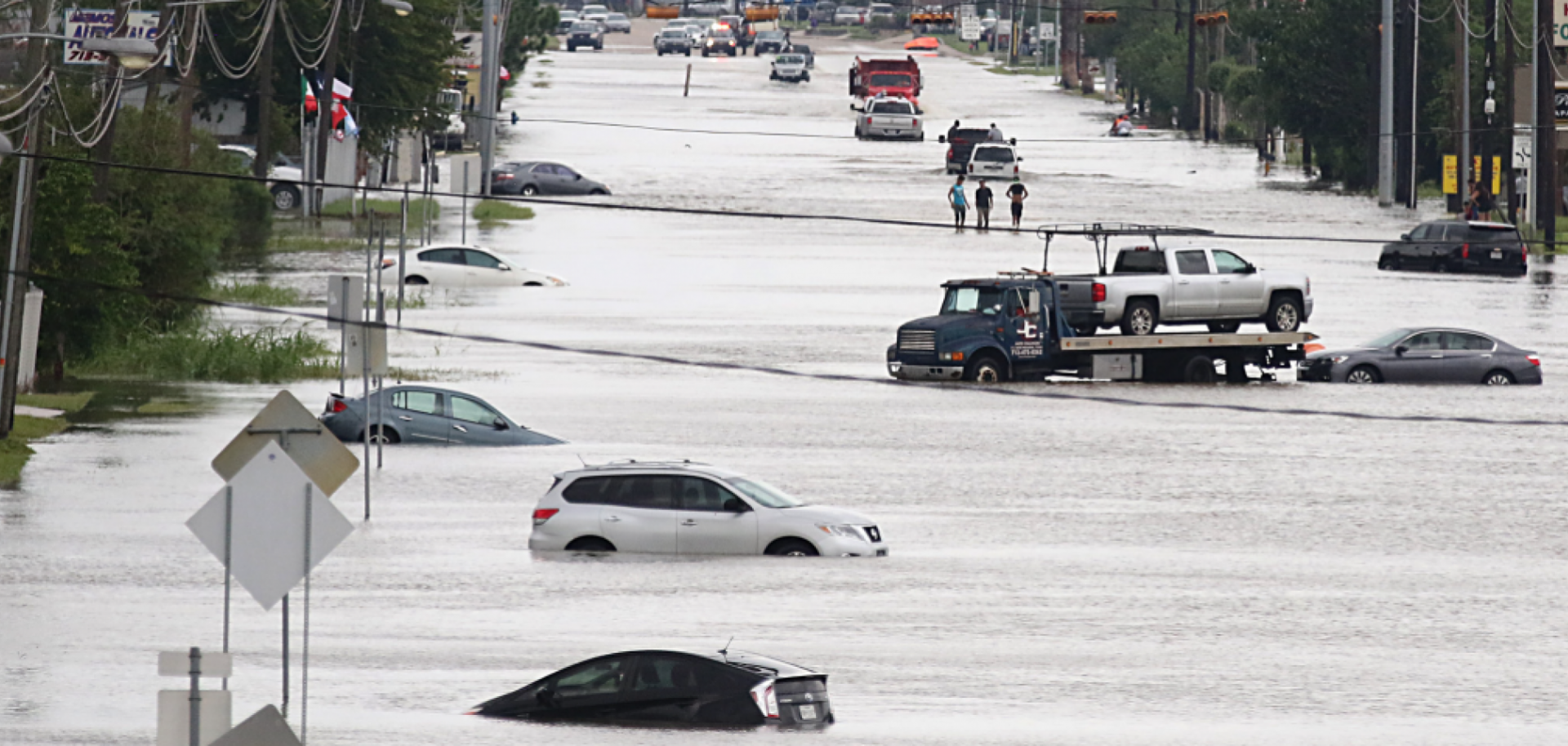After dumping more than a meter of rain on Texas and Louisiana in two separate landfalls, Hurricane Harvey, now a tropical depression, is slowly dissipating. The massive amounts of rain the storm generated have caused unprecedented flooding in the region, submerging much of Houston, the fourth most populous U.S. city. As the floodwaters start to recede and the arduous recovery begins for millions of people, scientists studying Hurricane Harvey will try to determine whether and how climate change influenced its course and intensity. Analyzing the storm will take years, and drawing clear links between a single weather event -- however historic -- and overall climate trends may prove impossible. But whatever conclusions researchers reach, their findings will do little to influence the U.S. government's climate policy....

